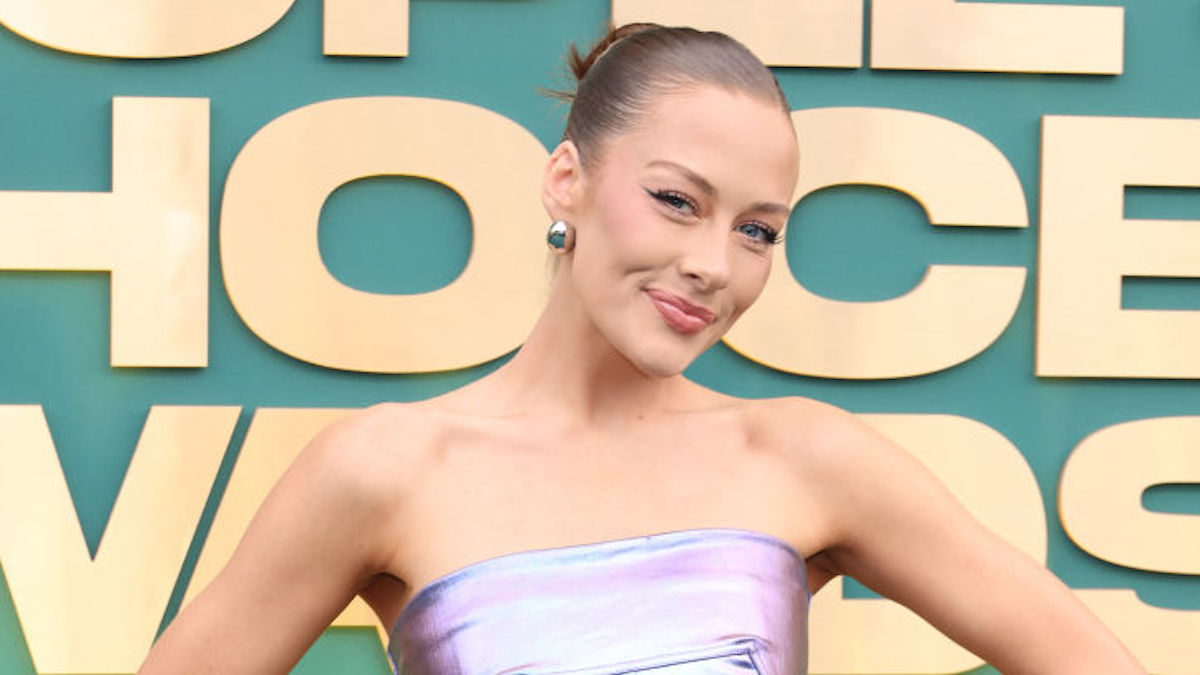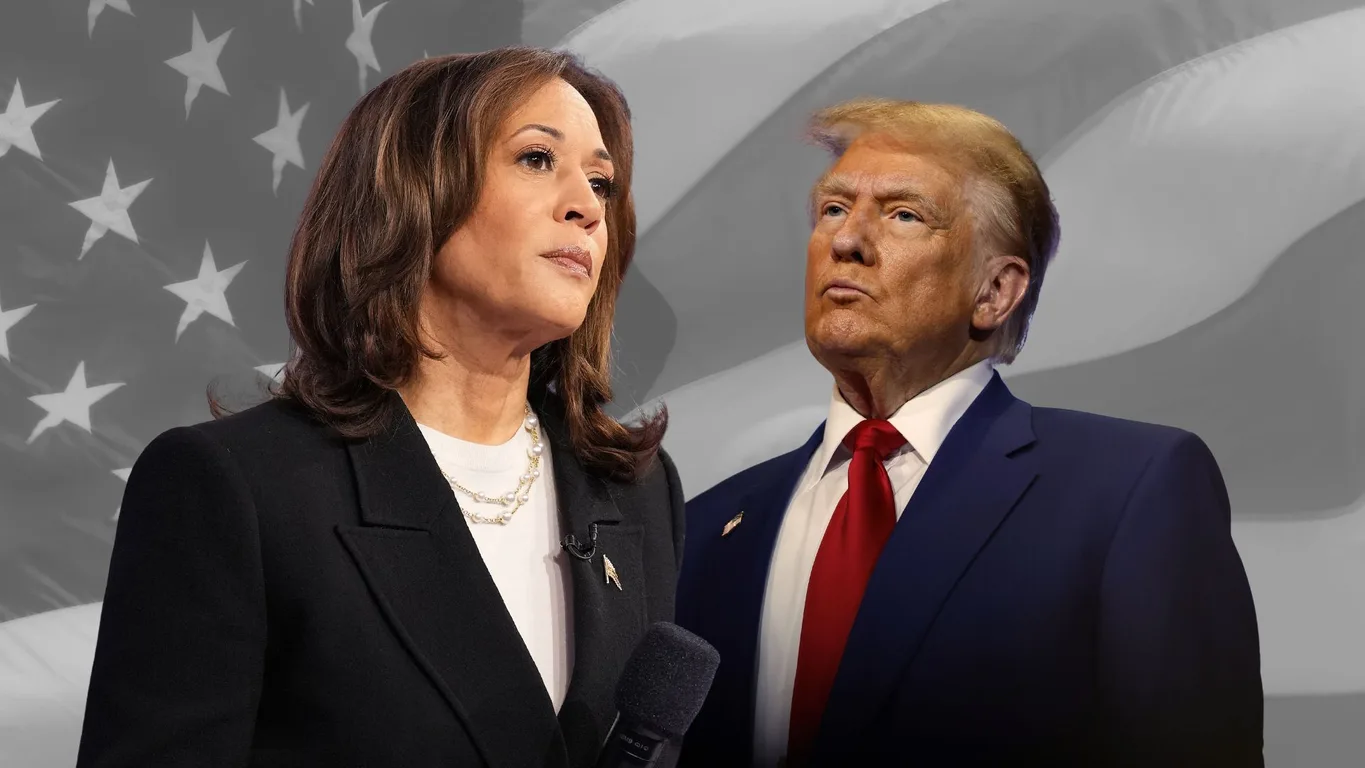The world of social media is a double-edged sword, offering a platform for self-expression while also exposing users to scrutiny. Brooke Schofield, a former social media personality, found herself at the center of a storm after her alleged racist tweets resurfaced. These controversial statements sparked widespread outrage and debate about accountability in the digital age. In this article, we will delve into the details of Brooke Schofield's racist tweets, their implications, and the lessons we can learn from this incident.
As social media continues to shape public discourse, it is crucial to understand how content shared online can have lasting consequences. Brooke Schofield's case highlights the importance of responsible social media usage and the need for individuals to take ownership of their digital footprints. This article will explore the controversy surrounding her tweets and examine the broader implications for digital citizenship.
Whether you are a social media enthusiast, a student of digital culture, or simply someone interested in understanding the complexities of online behavior, this article will provide valuable insights. By exploring Brooke Schofield's story, we aim to shed light on the challenges and responsibilities that come with using platforms like Twitter and Instagram.
Read also:Discover The Best Of Mb Of West Chester A Comprehensive Guide To The Community
Table of Contents
- Brooke Schofield Biography
- The Controversy of Brooke Schofield Racist Tweets
- Impact on Brooke Schofield's Career
- Public Reaction and Backlash
- Brooke Schofield's Apology and Redemption Efforts
- The Role of Social Media in Amplifying Controversy
- Legal Implications of Racist Tweets
- Lessons Learned from Brooke Schofield's Story
- Preventing Future Controversies on Social Media
- Conclusion: Moving Forward
Brooke Schofield Biography
Early Life and Career
Brooke Schofield gained prominence as a social media influencer, leveraging platforms like Twitter and Instagram to build a following. Born on January 20, 1990, in Canada, she started her career in the entertainment industry at a young age. Below is a brief overview of her personal and professional life:
| Full Name | Brooke Schofield |
|---|---|
| Birthdate | January 20, 1990 |
| Place of Birth | Canada |
| Occupation | Social Media Influencer, Actress |
| Claim to Fame | Controversial tweets and public backlash |
Rise to Fame
Before the controversy, Brooke Schofield was known for her engaging content and witty personality. Her ability to connect with audiences helped her amass a significant following. However, her journey took a dramatic turn when her past tweets resurfaced.
The Controversy of Brooke Schofield Racist Tweets
Brooke Schofield's racist tweets first came to light when screenshots of her offensive statements began circulating online. These tweets, which were allegedly posted years earlier, contained derogatory language targeting racial and ethnic groups. The backlash was swift and severe, with many questioning how such content could have gone unnoticed for so long.
Examples of Controversial Tweets
- Tweet 1: A racially insensitive comment about African Americans.
- Tweet 2: A derogatory statement targeting Asian communities.
- Tweet 3: A joke that perpetuated harmful stereotypes about Indigenous peoples.
These tweets not only highlighted the dangers of casual racism but also raised important questions about the responsibility of influencers to promote positive values.
Impact on Brooke Schofield's Career
The fallout from Brooke Schofield's racist tweets had a significant impact on her career. Brands quickly distanced themselves from her, and several projects she was involved in were canceled. This incident serves as a cautionary tale for influencers and public figures about the importance of maintaining a positive digital presence.
Loss of Sponsorships
Many companies terminated their partnerships with Brooke Schofield following the controversy. This decision was driven by the desire to protect their brand image and avoid association with harmful content.
Read also:Vibes With Mommy Building A Stronger Bond Through Meaningful Connections
Public Reaction and Backlash
The public reaction to Brooke Schofield's racist tweets was overwhelmingly negative. Social media users expressed their outrage through hashtags and online discussions, calling for accountability and change. This collective response demonstrated the power of digital activism in holding individuals accountable for their actions.
Hashtags and Online Campaigns
- #BoycottBrookeSchofield
- #CancelCulture
- #DigitalResponsibility
These hashtags played a crucial role in amplifying the conversation and ensuring that the issue received widespread attention.
Brooke Schofield's Apology and Redemption Efforts
In response to the backlash, Brooke Schofield issued a public apology, acknowledging the harm caused by her tweets. While some viewed her apology as a genuine attempt at redemption, others remained skeptical about the sincerity of her words.
Key Points of the Apology
- Acceptance of responsibility for past actions.
- A commitment to personal growth and education.
- A pledge to use her platform for positive change.
Time will tell whether Brooke Schofield's efforts at redemption will be enough to rebuild her reputation.
The Role of Social Media in Amplifying Controversy
Social media platforms like Twitter and Instagram have played a pivotal role in amplifying controversies like Brooke Schofield's racist tweets. The viral nature of these platforms ensures that content spreads rapidly, often reaching a global audience within minutes.
How Social Media Shapes Public Perception
While social media offers opportunities for self-expression, it also creates challenges in terms of accountability and responsibility. Influencers must be mindful of the content they share, as it can have far-reaching consequences.
Legal Implications of Racist Tweets
In some jurisdictions, racist tweets can have legal implications, particularly if they promote hate speech or incite violence. While Brooke Schofield's tweets did not result in legal action, they highlight the potential risks associated with sharing offensive content online.
Key Legal Considerations
- Hate speech laws vary by country.
- Platforms may take action against users who violate community guidelines.
- Reputation damage can have long-term consequences.
Understanding these legal considerations is essential for anyone using social media platforms.
Lessons Learned from Brooke Schofield's Story
Brooke Schofield's story offers valuable lessons about the importance of responsible social media usage. It underscores the need for individuals to be mindful of the content they share and the potential impact it can have on others.
Key Takeaways
- Think before you tweet: Consider the implications of your words.
- Education is key: Stay informed about issues of race and diversity.
- Accountability matters: Take responsibility for your actions and seek redemption when necessary.
By learning from Brooke Schofield's experience, we can all strive to be better digital citizens.
Preventing Future Controversies on Social Media
To prevent future controversies, individuals and organizations must adopt best practices for social media usage. This includes regular training on digital ethics, implementing robust content moderation policies, and fostering a culture of respect and inclusivity.
Best Practices for Social Media
- Review your digital footprint regularly.
- Engage in constructive dialogue rather than divisive rhetoric.
- Seek feedback from trusted peers to ensure your content aligns with your values.
By adopting these practices, we can create a safer and more responsible online environment.
Conclusion: Moving Forward
Brooke Schofield's racist tweets serve as a powerful reminder of the importance of responsible social media usage. While the controversy surrounding her tweets had significant repercussions, it also sparked important conversations about accountability, inclusivity, and digital citizenship.
As we move forward, it is essential to learn from this incident and apply its lessons to our own lives. By promoting positive values and fostering a culture of respect, we can create a better online world for everyone.
We invite you to share your thoughts in the comments section below and explore other articles on our website for more insights into digital culture and social responsibility.

